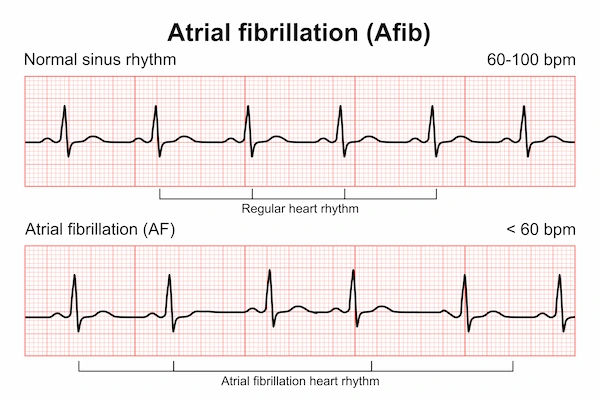- male
- 60 Years
- 22/01/2025
I've been checking my pulse readings on my device this morning and I'm a bit worried. Should I be concerned about it? Im taking Olmezest 40, Zyloric 100, and S Numlo 2.5. Do those affect my pulse, or is there something else I should be aware of?
Answered by 1 Apollo Doctors
Your pulse reading is an important vital sign that can provide insight into your heart health. A normal resting heart rate for adults is typically between 60 to 100 beats per minute. If your pulse reading is consistently outside of this range, it may be a cause for concern and you should consult with a healthcare professional. As for the medications you mentioned, Olmezest 40 is a brand name for olmesartan, which is commonly used to treat high blood pressure. Zyloric 100 is a brand name for allopurinol, often prescribed for conditions like gout. S Numlo 2.5 is a brand name for amlodipine, which is also used to treat high blood pressure. It's important to take these medications as prescribed by your healthcare provider and to monitor your pulse readings regularly. If you have any concerns about your pulse or overall health, it's best to seek medical advice promptly.
Dr. Shubham Suggests...
Consult a Cardiologist
Answered 04/07/2025
0
0

More Cardiology Health Queries
View allI'm feeling pretty anxious because I've had this heavy feeling in my chest since yesterday. I went for an ECG and it showed Tall T waves. Is this something I should be really worried about? I'm attaching my ECGs, and the second one was done an hour after the first. Could this possibly be hyperkalemia because I had a couple of coconut waters and eggs? Would appreciate any clarity on this.
Tall T waves in an ECG can be a sign of hyperkalemia, which is high potassium levels in the blood. It can be life-threatening if not treated promptly. To lower your potassium levels, you can take medications like Kayexalate to help remove excess potassium from your body. The usual dosage is 15-60 grams orally 1-4 times a day. Additionally, you should avoid high potassium foods like coconut water and bananas. It is important to follow up with your doctor for further evaluation and management.
Answered by 1 Apollo Doctors
I've been diagnosed with blockages in my LM and RCA arteries and my angiography report shows the details. I also have diabetes for the last 18 years. Should I go for angioplasty or bypass surgery? What would be the better option for my condition?
CTVS opinion advise.
Answered by 1 Apollo Doctors
I'm currently dealing with a blood pressure reading of 10871, which seems pretty normal. I usually take Telpres CT 4012.5 for my high blood pressure and Etizola Beta to manage my anxiety issues. With my blood pressure being in the normal range right now, I'm wondering if I should keep taking my blood pressure meds or if it's safe to stop them?
Your blood pressure is currently within the normal range. It is important to continue taking your blood pressure medication as prescribed by your doctor, even if your blood pressure is normal at the moment. Stopping medication abruptly can lead to a sudden increase in blood pressure. However, you can discuss with your doctor about possibly adjusting the dosage or switching to a different medication based on your current blood pressure readings. For now, continue taking Telpres CT 4012.5 for your blood pressure.
Answered by 1 Apollo Doctors
Disclaimer: Answers on Apollo 247 are not intended to replace your doctor advice. Always seek help of a professional doctor in case of an medical emergency or ailment.


.webp)


